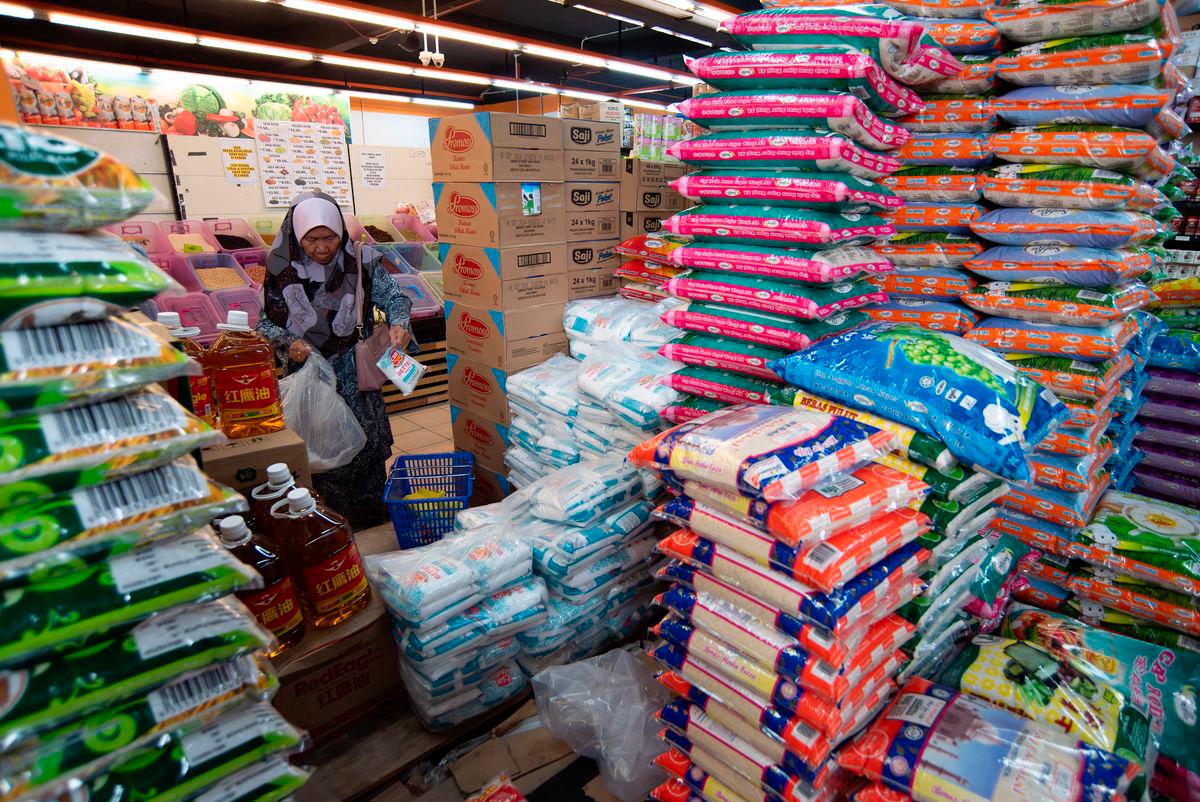PETALING JAYA: Malaysians will see more essentials spared from tax under the Sales and Services Tax (SST) soon with the number of exempted or zero-rated goods tripling compared with those under the abolished Goods and Services Tax (GST).
In a written reply to the Dewan Rakyat, the Finance Ministry said 1,826 goods will be exempted or zero-rated under SST following a rate review and scope expansion effective last month, marking a sharp rise from the 607 goods that enjoyed zero-rated status under GST before it was scrapped in 2018.
The exemptions cover a wide range of daily necessities, including raw and unprocessed foods such as chicken, beef, mutton, fish, vegetables, local fruits and rice as well as processed items such as flour, sugar, salt, bread, milk and palm cooking oil.
Medicines, medical devices and reading materials are also exempt alongside animal feed, construction materials, fertilisers, pesticides and agricultural and livestock machinery.
The reply was in response to a question from Yuneswaran Ramaraj (PH–Segamat) on the number of items exempted under SST compared with GST.
On the services side, the government clarified that SST applies to 70% of services in the economy, slightly lower than the 76% under GST.
Key basic services remain exempt from service tax, including land and sea transport such as school buses, express buses, LRT, trains and ferries; air transport for rural areas in Sabah and Sarawak; prepaid telecommunication services; food delivery services; residential rentals and maintenance; water supply; and electricity for households consuming below 600kWh.
The Finance Ministry stressed that the SST expansion is being carried out in a careful, targeted and progressive manner to cushion the impact on the cost of living while promoting sustainable economic growth.
“The larger number of exempted goods and the lower percentage of taxable services under SST compared with GST reflect the government’s commitment to the welfare of
the people while ensuring stronger
fiscal sustainability under the Madani economic framework.”









